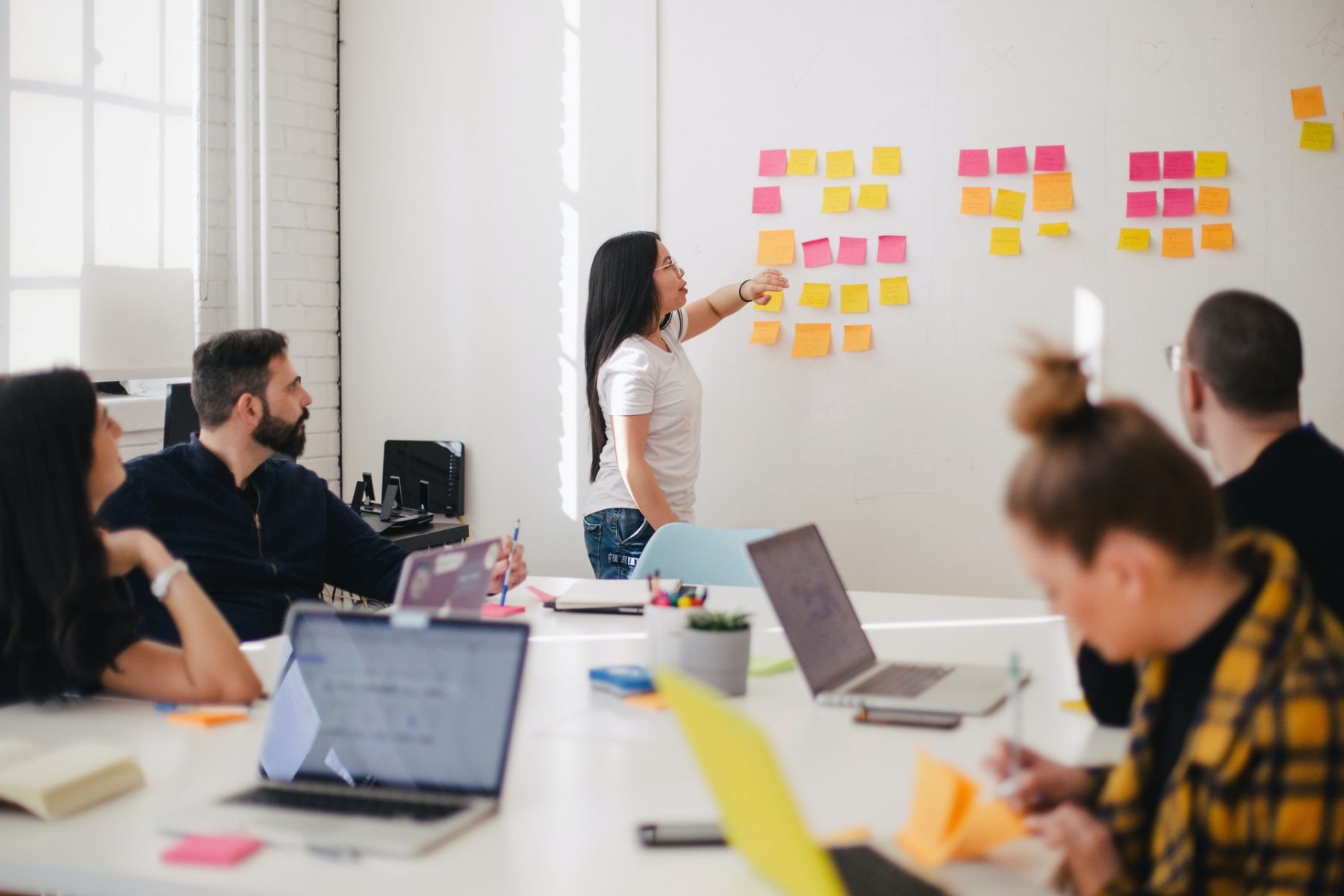From desk research to a new set of courses
As my journey as Data Steward began, I was asked to develop educational material for FAIR (Findable, Accessible, Interoperable and Reusable)/Research Data Management (RDM)/General Data Protection Regulation (GDPR) training courses. This led me to investigate the already available content. At the national level certain courses had been developed, for example by the RDNL network. Nevertheless, the desk research showed that there was a need at Maastricht University for very local and sometimes even discipline-specific workshops. As a result, during the pandemic, we developed a set of courses. These courses were developed in a co-constructive fashion with colleagues from the library RDM team, UM researchers, the Open Science Community Maastricht, UM Information Managers, and even Education Programme directors at the master’s levels.
Ambition to know more
The road has been a bumpy one with error and trials. My colleagues and I continue to train ourselves with pedagogical skills. The PBL approach, common to UM, has been and will be at the heart of our courses. Together, we developed the tools to create an interactive learning environment online (e.g. breakout rooms). In the past years, we have implemented an Introduction to Research Data Management course, that retakes the basis of RDM and initiates researchers in the Data Management Plan direction. For researchers who ambition to know more, we have created the Introduction to Circular Science by making your data FAIR course, in which we go in-depth into the FAIR principles, and concretely work with examples of their own research. In addition to these more general courses, we have developed the FAIR for Qualitative Data course, which goes deeper into how the FAIR principles can be translated to the Social Sciences and Humanities. Finally, our colleague Pedro Hernández Serrano (data steward at FSE) developed the Circular Research Data Summer Camp, where researchers actively and almost independently learn the FAIR principles. In the academic year 2021-2022, we have reached 95 researchers, most of them PhD students from FHML.
Valuable feedback
While working with these researchers, we received a lot of feedback. The goal for the upcoming season is to implement this feedback. For example, we will need to align the content to the colleagues working on Digital Literacy at UM Library. Moreover, we should practice what we preach. Our participants have demanded that the course content is FAIR and democratically available for all. Finally, as we seem to be moving into a more normalised academic setting, certain participants demand that we go live with our courses. We will thus continue to offer certain courses online to keep reaching our international audience, such as external PhD students. However, we will offer more workshops / hands on courses in a smaller setting and face to face.
Future plans
Finally, we want to certify our workshops, for example with the DIOSI template at the European level. And also very importantly, we will continue to network and catalogue our efforts with national groups that I am part of, for example the UKB* group on Humanities or the Health-RI session for training. We know there is much to learn and to align from.
*UKB is a partnership of Dutch University Libraries and The Royal Library of the Netherlands (Koninklijke Bibliotheek).


0 Comments